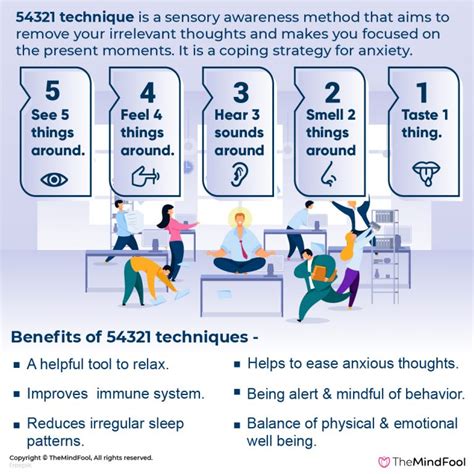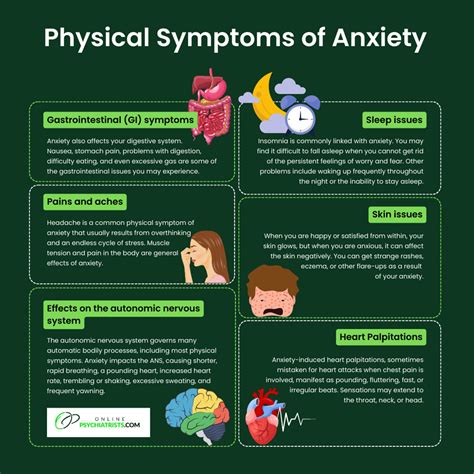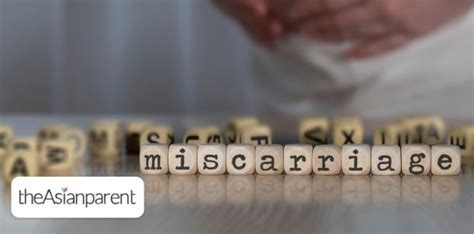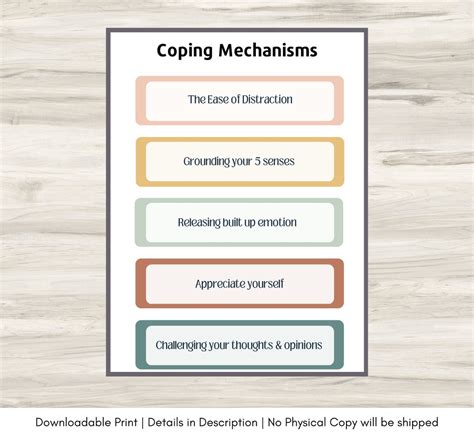Intro
Discover the emotional and physical impacts of miscarriage. Learn 5 ways it hurts, including grief, trauma, and relationship strain, affecting mental health and well-being.
The loss of a pregnancy can be a devastating experience for women and their families. It's a topic that is often shrouded in silence and stigma, leaving many to suffer in isolation. However, it's essential to acknowledge the emotional, physical, and psychological impact of miscarriage on those who have gone through it. The pain of miscarriage can be overwhelming, and it's crucial to understand the various ways it can affect individuals.
Miscarriage is a common occurrence, with approximately 10-20% of pregnancies ending in miscarriage. Despite its frequency, the topic remains taboo, and many people struggle to come to terms with their loss. The emotional pain of miscarriage can be intense, and it's essential to recognize the different ways it can manifest. From the initial shock and grief to the long-term effects on mental health, miscarriage can have a profound impact on a person's life.
The physical and emotional symptoms of miscarriage can vary from person to person, but it's essential to acknowledge the pain and discomfort that many women experience. From the initial bleeding and cramping to the emotional numbness and sadness, miscarriage can be a traumatic experience. It's crucial to create a supportive environment where individuals feel comfortable sharing their feelings and emotions, without fear of judgment or stigma.
Emotional Pain and Grief

Some common emotional symptoms of miscarriage include:
- Feelings of guilt and shame
- Anxiety and depression
- Emotional numbness and sadness
- Anger and frustration
- Difficulty sleeping and concentrating
It's essential to remember that everyone's experience with miscarriage is unique, and there is no right or wrong way to feel. Creating a supportive environment where individuals feel comfortable sharing their emotions and feelings can help them heal and recover from their loss.
Physical Symptoms and Discomfort

Some common physical symptoms of miscarriage include:
- Bleeding and spotting
- Cramping and abdominal pain
- Back pain and discomfort
- Fatigue and weakness
- Nausea and vomiting
It's essential to seek medical attention if you experience any severe physical symptoms, such as heavy bleeding or severe abdominal pain. A healthcare provider can help diagnose and treat any underlying conditions that may be contributing to your symptoms.
Psychological Impact and Mental Health

Some common psychological symptoms of miscarriage include:
- Anxiety and depression
- PTSD and flashbacks
- Emotional numbness and detachment
- Difficulty sleeping and concentrating
- Avoidance behaviors and social withdrawal
It's essential to seek professional help if you experience any severe psychological symptoms. A mental health provider can help you develop coping strategies and provide support during this challenging time.
Social and Relationship Impact

Some common social and relationship symptoms of miscarriage include:
- Feelings of isolation and loneliness
- Difficulty connecting with others
- Strained relationships with partners and family members
- Avoidance behaviors and social withdrawal
- Difficulty forming and maintaining relationships
It's essential to create a supportive environment where individuals feel comfortable sharing their feelings and emotions, without fear of judgment or stigma.
Coping Mechanisms and Healing

Some common coping mechanisms for miscarriage include:
- Seeking professional help and support
- Practicing self-care and self-compassion
- Connecting with others who have experienced miscarriage
- Engaging in creative activities and hobbies
- Focusing on physical health and well-being
It's essential to remember that everyone's experience with miscarriage is unique, and there is no right or wrong way to heal. Creating a supportive environment where individuals feel comfortable sharing their emotions and feelings can help them recover and move forward.
What are the most common symptoms of miscarriage?
+The most common symptoms of miscarriage include bleeding, cramping, and abdominal pain. However, some women may experience no symptoms at all.
How long does it take to recover from a miscarriage?
+The recovery time from a miscarriage can vary from person to person, but it's typically several weeks to a few months. Physical recovery is usually faster than emotional recovery.
Can I get pregnant again after a miscarriage?
+As we conclude this article, we hope that you have gained a deeper understanding of the emotional, physical, and psychological impact of miscarriage. It's essential to create a supportive environment where individuals feel comfortable sharing their emotions and feelings, without fear of judgment or stigma. If you or someone you know has experienced a miscarriage, we encourage you to reach out to a healthcare provider or a mental health professional for support. Additionally, sharing this article with others can help raise awareness and promote understanding of this important topic. By working together, we can create a more supportive and compassionate community for those who have experienced miscarriage.
